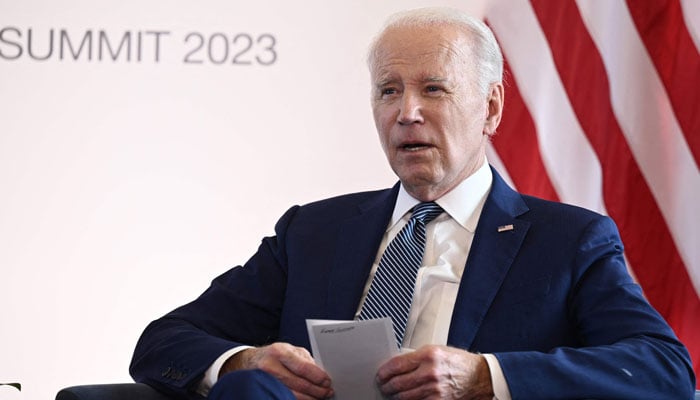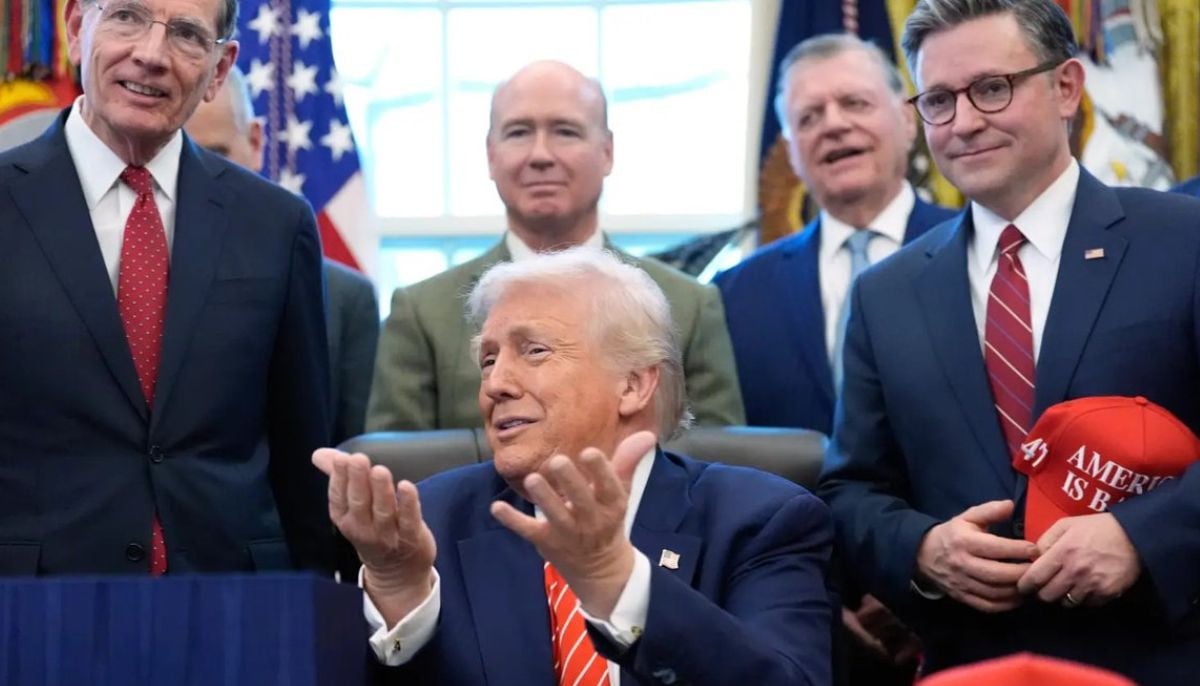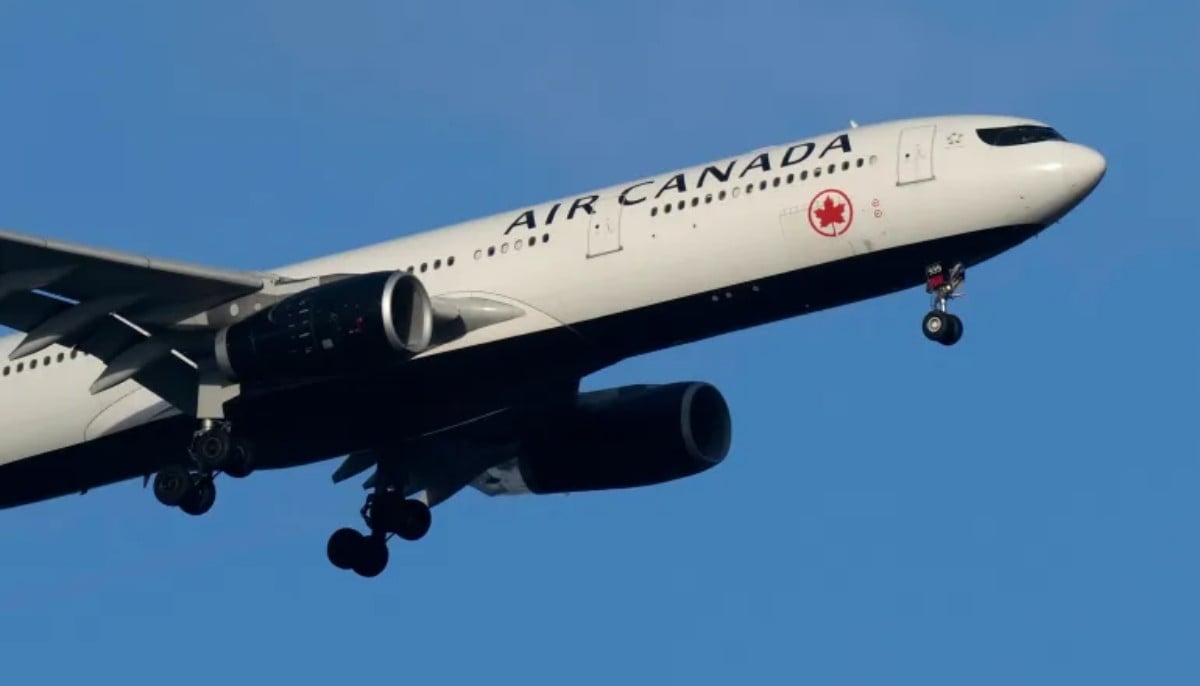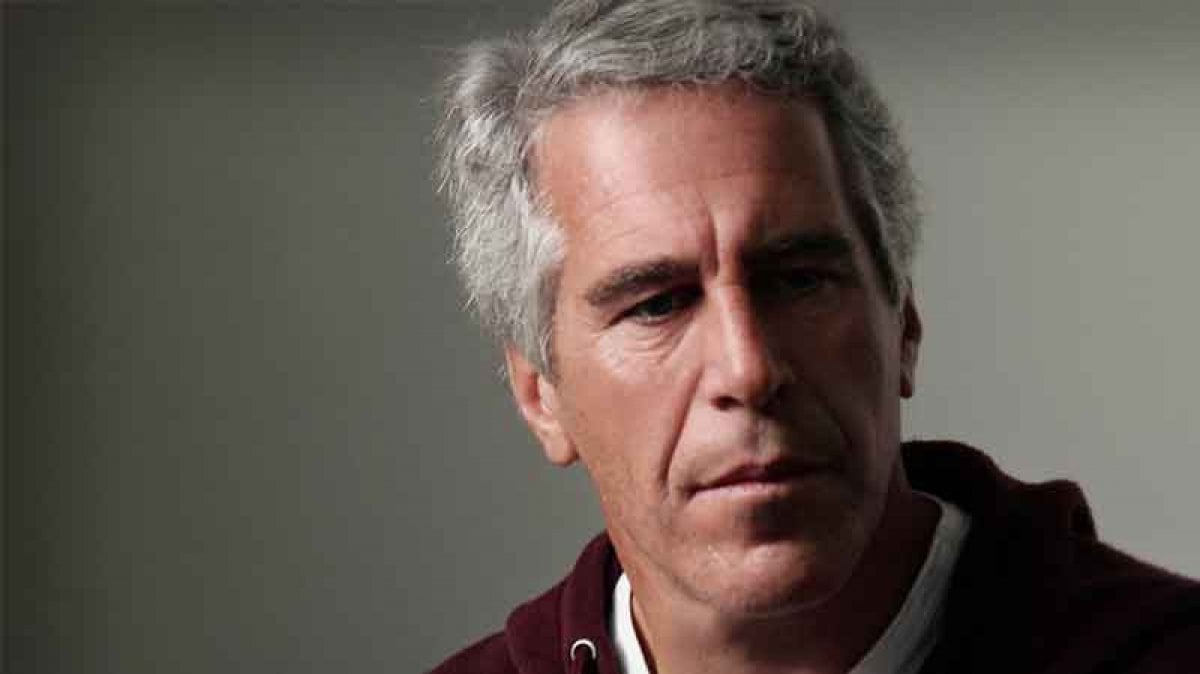Biden remains optimistic ahead of US debt talks
Political situation in Washington continues to fluctuate, Republicans' refusal to lift debt ceiling leaves US unable to pay existing bills
The future for negotiations in US debt default remains blurry as President Joe Biden warns he would not accept "extreme" Republican demands but remained optimistic, AFP reported Saturday.
While speaking to reporters at the G7 summit in Japan, Biden said: "I still believe we'll be able to avoid a default and we'll get something decent done."
Following a warning from the Treasury Department suggesting that the US government — an economy with global influence — could likely run out of money by June 1, the political dispute in the US capital has fluctuated without any sign of resolution.
Republicans, who control the House of Representatives, are demanding steep budget cuts as a price for allowing an extension of the government´s borrowing authority.
The White House seeks to whittle down Republican demands while arguing that the traditionally uncontroversial annual debt ceiling increase is being weaponised for political gain.
Settlements on Friday seemed nearly impossible as House Speaker Kevin McCarthy said: "We've got to pause," because "we can't be spending any more money next year."
However, White House Press Secretary Karine Jean-Pierre eventually said "we are indeed optimistic" as the talks restarted hours later.
Biden, currently in Japan, was briefed about the situation on early Saturday, the White House said.
"Republicans are taking the economy hostage and pushing us to the brink of default, which could cost millions of jobs and tip the country into recession after two years of a steady job and wage growth," said Biden communications director Ben LaBolt.
"There remains a path forward to arrive at a reasonable bipartisan agreement if Republicans come back to the table to negotiate in good faith," LaBolt added.
The US government requires further borrowing to fulfil existing expenditures, and Republicans' refusal to lift the debt ceiling will leave Washington unable to pay its bills, giving rise to a number of economic crises.
Republicans demand that more than $31 trillion in US national debt is too high to accept and that there should be agreement on getting the books more balanced, rather than simply authorizing a still-higher debt allowance.
Democrats say they are open to discussing the budget but first, the debt ceiling needs to be raised without condition so that the existing bills can be paid, preserving US financial credibility.
Biden's team referred to the spending cuts demanded by Republicans as part of the agenda of the party's increasingly dominant hard-right wing.
In his statement, LaBolt said that the budget cuts would lead to large-scale job losses and the weakening of social safety nets while extending tax breaks for the wealthy.
Meanwhile, the White House's counter-proposal insists on raising taxes on the wealthy to improve revenue and to accept more limited spending cuts.
In his remarks to reporters, Biden expressed a willingness to be patient. "It´s a negotiation. It goes in stages," he said. When asked if he was worried, he replied: "Not at all."
On Sunday, the US president leaves Japan for Washington, cutting short a trip that had been set to take him to Papua New Guinea and Australia next week.
-
Air Canada’s flights to Cuba halted as aviation fuel crisis worsens
-
At least 53 dead after migrant boat capsizes off Libya
-
'God of War' announces casting major key role in Prime Video show
-
Baby left in running bathtub dies after father ‘forgets’ him
-
Prince William meets Saudi Crown Prince Mohammed bin Salman
-
Ghislaine Maxwell will not answer Congress questions on Epstein
-
Kensington Palace announces Prince William's arrival in Saudi Arabia
-
Super Bowl 2026: Why didn't Epstein survivors ad air on TV?












